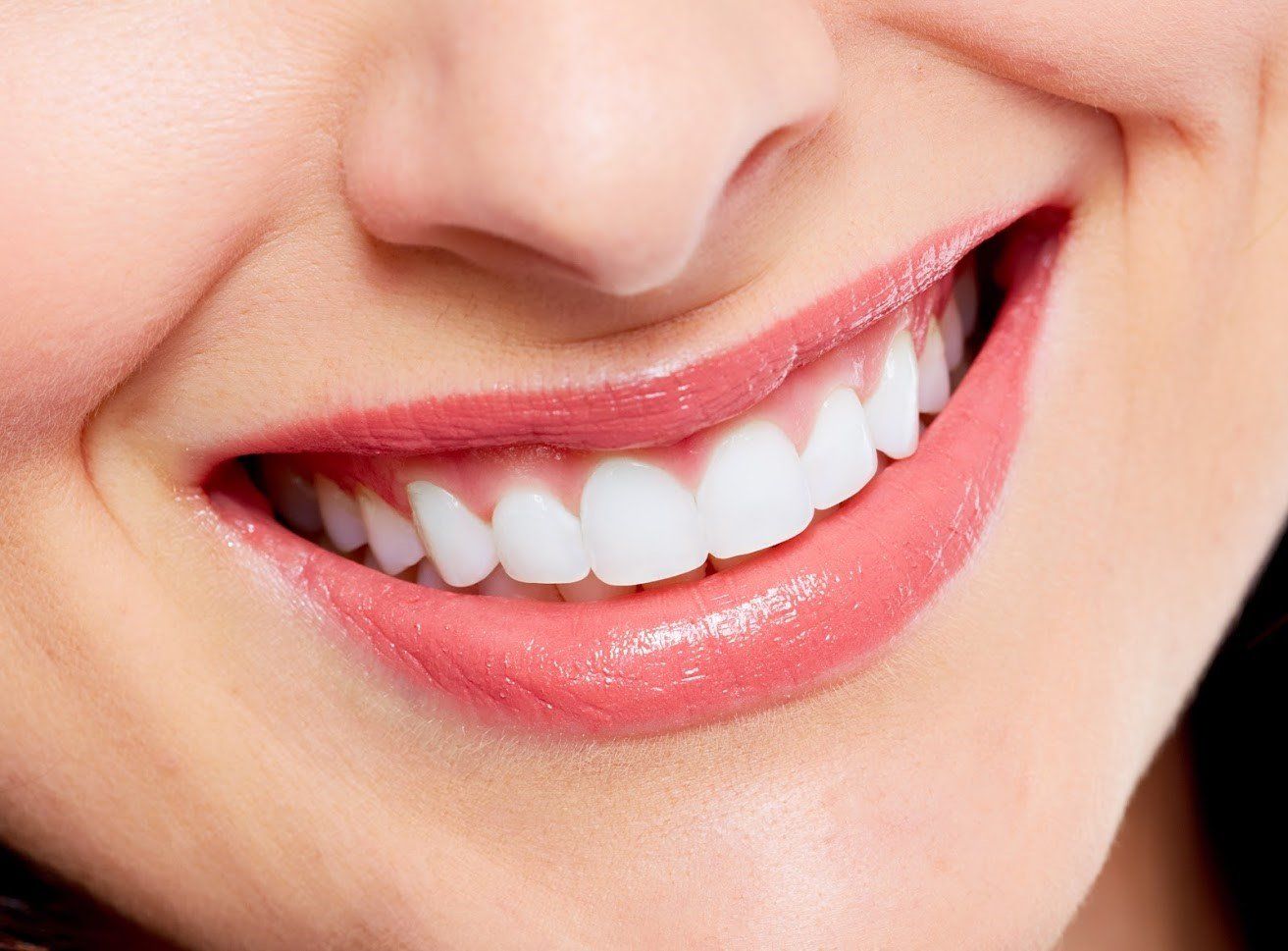2 Things Dentists Can Do for Patients With Severe Gag Reflexes

2. Use Intraoral Technology
Some people with strong gag reflexes may dread dental visits because of impressions and x-ray sensors. The impression material may have a funny taste that bothers you, and some x-ray sensors may be too bulky for your palate.
The good news is that intraoral technology can eliminate these problems. Instead of taking alginate impressions, some dentists use intraoral cameras to scan teeth. These scanners may look similar in shape and size to a toothbrush, so they may not bother your gag reflex.
The scanners can capture all of the details of your teeth, and then your dentist can send these images to a dental lab where they can print a 3D model of the scanned images. Instead of using an alginate impression to create a model, dental technicians can use 3D-printed models of your teeth and build whatever dental appliance or prosthetic you need.
Do you need to get x-rays? Some people with strong gag reflexes cannot stand the feel of bulky x-ray sensors in their mouth, or they cannot hold still long enough to get a good image. The benefit of using intraoral technology is that your dentist can scan your teeth and get real-time results. You won't have to worry about holding still for long periods of time since these devices develop images quickly.
Reach out to Davis & Beyer Dental Health Professionals for more information on dental technology and sedation dentistry and how we can help you relieve gag reflex anxiety.







